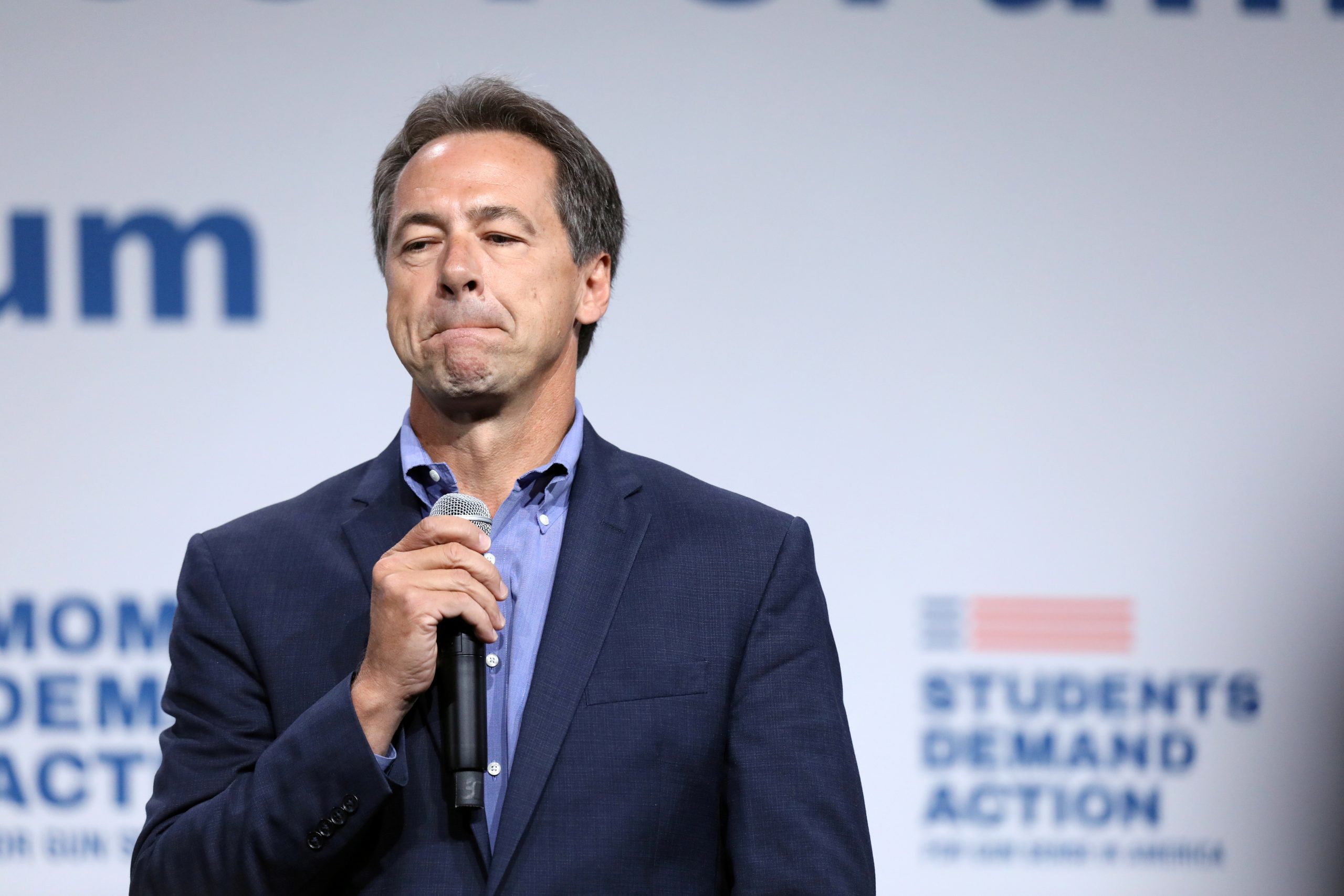Democratic candidates for the U.S. Senate benefited from a surge in campaign contributions this spring, official documents showed on Wednesday, as President Donald Trump’s falling poll numbers fanned hopes of Democrats capturing the chamber in November.
Early second-quarter campaign filings with the Federal Election Commission showed a large rise in donations for several Democratic challengers trying to flip Republican-held Senate seats.
The filing deadline was due to expire shortly before midnight on Wednesday and many Republican incumbents had not yet reported their totals for the quarter. Republicans currently hold a four-seat majority in the 100-seat chamber and Democrats are widely expected to lose one – Senator Doug Jones of Alabama.
While the Nov. 3 election is still 3-1/2 months away, the flood of campaign contributions shows Democrats benefiting from voter discontent over Trump’s responses to the coronavirus pandemic and race relations, among other issues, analysts say.
Steve Bullock, the Montana governor who is running to unseat Republican Senator Steve Daines, raised $7.8 million in the three-month period ended June 30, more than double the $3.4 million he raised soon after jumping into the race late in the first quarter.
South Carolina Democrat Jaime Harrison, who is running against Republican Senator Lindsey Graham, nearly doubled his quarterly haul to $14 million in the second quarter, according to his campaign, versus $7.3 million earlier in the year.
North Carolina Democrat Cal Cunningham, who is seeking to unseat Republican Thom Tillis, saw his fundraising surge to $7.4 million as of June 30 from $4.4 million in the first quarter.
Iowa Democrat Theresa Greenfield saw her quarterly fundraising totals jump to $6 million from $2.3 million. She is running against Republican Senator Joni Ernst.
“The intensity of the opposition to Donald Trump has motivated a lot of people to donate to Democrats for the first time, or more than they have before,” said Republican strategist Alex Conant.
Republicans hold 53 of the Senate’s 100 seats. With Democrats controlling the House of Representatives, Republican control of the Senate has been crucial in buttressing Trump’s presidency including keeping him in power after a February impeachment trial.
Twenty-three Republican incumbents are seeking re-election to new six-year terms, compared with 12 Democratic incumbents.
Democrats would need a net gain of four Republican-held seats to take control of the Senate if Trump wins re-election – or three if Democratic candidate Joe Biden defeats Trump.
Polls show Senate Republican incumbents running slightly behind their Democratic challengers in half a dozen states: Arizona, Colorado, Iowa, Maine, Montana and North Carolina.
Despite Democratic fundraising successes, Republicans still had strong cash positions as they entered July.
Republican Senator John Cornyn of Texas reported $14.5 million in cash, versus Democratic opponent M.J. Hegar’s $902,000 cash position after a primary election and runoff.
Republican Senator Cory Gardner of Colorado and Senator David Perdue of Georgia each had nearly $11 million in cash on hand.
(Reporting by David Morgan; Editing by Scott Malone and Peter Cooney)

























 Continue with Google
Continue with Google